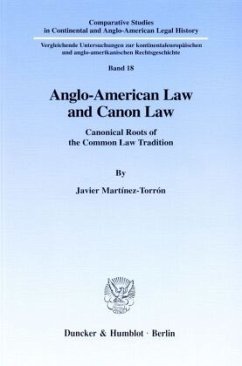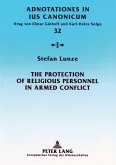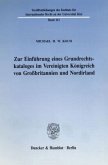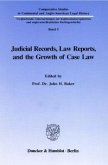In the book at issue, the author endeavors to demonstrate a fact that has often been neglected by many Anglo-American legal historians: the Anglo-American legal tradition has more elements in common with Continental law than is frequently believed (Continent = European; continental law and doctrine: see also "ius commune, ius utrumque"). The "insularity" of English law has never been complete. The learned laws, and particularly the canon law, have also played a very significant role in the historical evolution of English law. The formative process of the common law tradition shows numerous points of confluence with the civil law (civil law, civilians: see also Continent) tradition, namely those relating to their common elements of Christian-canonical origin.
For this very reason, the Anglo-American and the Continental legal traditions can be considered as the two components - the two sides - of one and the same legal culture, which embraces the entire Western world. It is probably also the reason why they can communicate with each other: they share an important "juridical vocabulary", an ensemble of common legal concepts.
Hinweis: Dieser Artikel kann nur an eine deutsche Lieferadresse ausgeliefert werden.
For this very reason, the Anglo-American and the Continental legal traditions can be considered as the two components - the two sides - of one and the same legal culture, which embraces the entire Western world. It is probably also the reason why they can communicate with each other: they share an important "juridical vocabulary", an ensemble of common legal concepts.
Hinweis: Dieser Artikel kann nur an eine deutsche Lieferadresse ausgeliefert werden.







